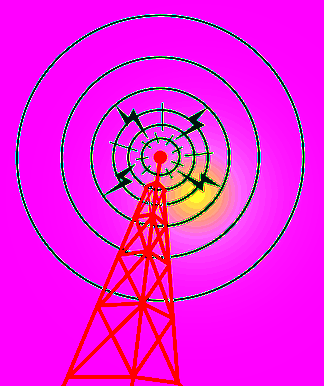3G shutdown delayed
 Telstra and Optus have announced a delay in the shutdown of their 3G mobile networks.
Telstra and Optus have announced a delay in the shutdown of their 3G mobile networks.
Initially scheduled for August and September, the switch-offs have now been pushed back to 28 October 2024.
This decision comes in response to widespread concerns over the compatibility of certain devices with the 4G network, which could potentially leave thousands of Australians unable to contact emergency services after the 3G network is disabled.
Telstra, which originally planned to deactivate its 3G network at the end of June, had already postponed the shutdown until the end of August following the identification of critical issues.
Specifically, some 4G-capable devices were found to be unable to make Triple Zero (000) emergency calls once the 3G network was no longer available.
The delay was initiated after concerns were raised with the federal Minister for Communications, leading to intensified efforts to educate Australians on the impending changes.
Optus, which had planned a staggered shutdown throughout September, also recognised the need for further action.
The decision to delay the shutdowns was made to ensure that all customers, including those using older devices or those who may be unaware of the transition, have ample time to verify their device compatibility and, if necessary, upgrade to ensure continued access to essential services.
Both companies have acknowledged that there is still complacency in the market, with many customers incorrectly assuming that seeing the 4G icon on their phones guarantees full compatibility.
Telstra CEO Vicki Brady noted that while the company has been communicating about the shutdown for almost five years through various channels, “our support for customers won’t end the day the network closes”.
Optus’s interim CEO, Michael Venter, says that the majority of its customers who would be impacted by the 3G switch-off are now using compatible devices.
However, he said more time is needed to educate the public.
“We are joining with Telstra to launch a final public awareness campaign to really drive home the safety message and get the final groups of customers to act,” he said.
The concern extends beyond just mobile phones.
A parliamentary inquiry revealed that a significant number of non-handset devices, such as EFTPOS terminals, medical alert devices, and other Internet of Things (IoT) systems, still rely on the 3G network.
Telstra reported that it has nearly 400,000 IoT devices, 63,000 smartwatches, and 45,000 wireless broadband devices that are not 4G-capable.
Similarly, Optus has about 100,000 affected devices, primarily used by businesses.
Communications Minister Michelle Rowland has supported the decision to delay the shutdowns, saying it is a “sensible move”.
Rowland also expressed ongoing concerns about a subset of 4G phones that may default to 3G for emergency calls and the reliance of some medical alarms on the 3G network.
Vodafone, another major player in the Australian telecommunications market, completed its 3G shutdown last year.
However, Vodafone customers using devices that occasionally connect to the Optus network should also be cautious and check their device compatibility.
To assist customers in verifying their devices, Telstra, Optus, and Vodafone have set up an SMS service.
Customers can text the number "3" to 3948 to receive a response regarding their device's compatibility with the 4G network.
This service aims to address the misconception that all 4G phones will function seamlessly after the 3G network is disabled.
Telstra and Optus have also offered free handsets to vulnerable customers who may be affected by the shutdown.
Customers are encouraged to contact their telco provider or visit a store if they have any concerns about their device compatibility.







 Print
Print